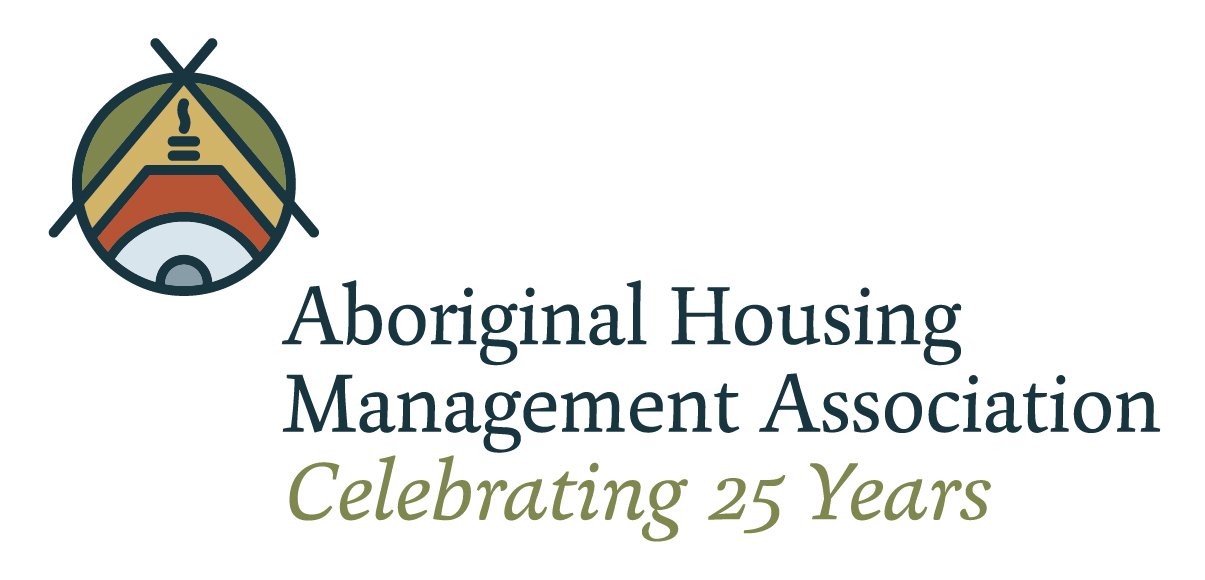AHMA regularly makes government submissions advocate for more culturally safe, trauma-informed, and equitable approaches to Indigenous homelessness in BC.
2024 Indigenous Advisory House (IAH, formally the Indigenous Advisory Council) on Homelessness Gathering
2023 AHMA’s position on responding to DTES encampments prioritizes cultural safety & belonging
2023 Transitional Village Model is a trauma-informed response to encampments
2023 AHMA’s recommendations for BC’s Homeless Outreach Program and Homelessness Prevention Program
2023 Solution to Downtown Eastside encampments requires a focus on human rights and reconciliation
BC’s Indigenous Homelessness Strategy
INDIGENOUS HOMELESSNESS DATA COLLECTION FRAMEWORK PROJECT
Our goal: this project focused on gathering data and developing recommendations used towards the submission that will inform the province’s budget process for 2023. This will enable the Steering Committee to continue with the development of a BC Indigenous Homelessness Strategy that will be integrated into the province’s broader Homelessness Strategy.
ABOUT THE PROJECT
Our guiding principle is "by, for, and with" Indigenous communities.
We gathered stories and lived experiences of homelessness from Indigenous people.
We engaged with urban, rural, and northern communities across BC.
We wanted to learn how to best gather data on Indigenous homelessness. We are creating a framework to guide future work.
We are led by a Steering Committee that consists of organizations across the province, and represents shared values of quality, affordable and safe housing across BC. AHMA helps to support the Steering Committee.
FOCUS AREAS
We had six focus areas for the engagement, that represented small, medium, and remote Indigenous communities, these included:
Northern - Prince George (medium) and Haida Gwaii (remote)
Thompson - Kamloops (medium) and Cranbrook (small)
Cariboo Chilcotin Coast - Lillooet (small) and Bella Coola (remote)
Vancouver Coastal - Vancouver Coastal (urban)
Fraser Valley - Surrey/Chilliwack (urban) and Langley (medium)
Vancouver Island - Victoria (urban) and Campbell River (medium)
INCENTIVES AND KEEPING IN TOUCH
After completing the engagement (survey, virtual discussion circle, interview), participants were given the option to participate in the lottery to receive a gift card to thank you for your participation. We invited you to share your contact information for the incentive in a separate questionnaire prompt provided. Participants were also asked to let us know if they would like to receive information to participate in future engagement activities taking place in your region. (Your contact information was not connected to your survey.)
For more information about the project, you can reach out to Stephanie Lowe, Senior Housing Policy Analyst for the Aboriginal Housing Management Association at: slowe@ahma-bc.org or 604-921-2462.
TRIGGERS AND AFTER-CARE SUPPORT
Sharing your experience may trigger unpleasant feelings or memories. To support your wellbeing at any point during or after, there are supports available 24/7.
Call the Kuu-us Crisis Line: 1-800-588-8717 (toll-free)
Dial 8-1-1 to receive information or advice from a HealthLink BC Navigator
Call the BC Mental Health Support Line: 310-6789 (do not add 604, 778 or 250 before the number). It's free and available 24 hours a day.
Call the Métis Crisis Line: 1-833-Metis-BC (1-833-638-4722). It’s available 24 hours a day.
MORE INFORMATION ABOUT THE PROJECT
The BC Indigenous Homelessness Strategy Steering Committee (the Steering Committee) is leading the development and implementation of an evidence-based strategy that addresses the experience of homelessness in Indigenous communities across British Columbia. This strategy will be made “by, for, and with” Indigenous communities, including lived experiences of Indigenous Peoples who have or are experiencing homelessness and/or housing insecurity.
Engagement with Indigenous Peoples with lived experience is led by the Aboriginal Housing Management Association (AHMA) and the Steering Committee (composed of Indigenous-led and Indigenous-serving community organizations). It was administered by Resilience Planning, consultant to AHMA. At the end of this project, all data was handed and is now owned by AHMA.
Leading the Way Conference on Indigenous homelessness - 2022


